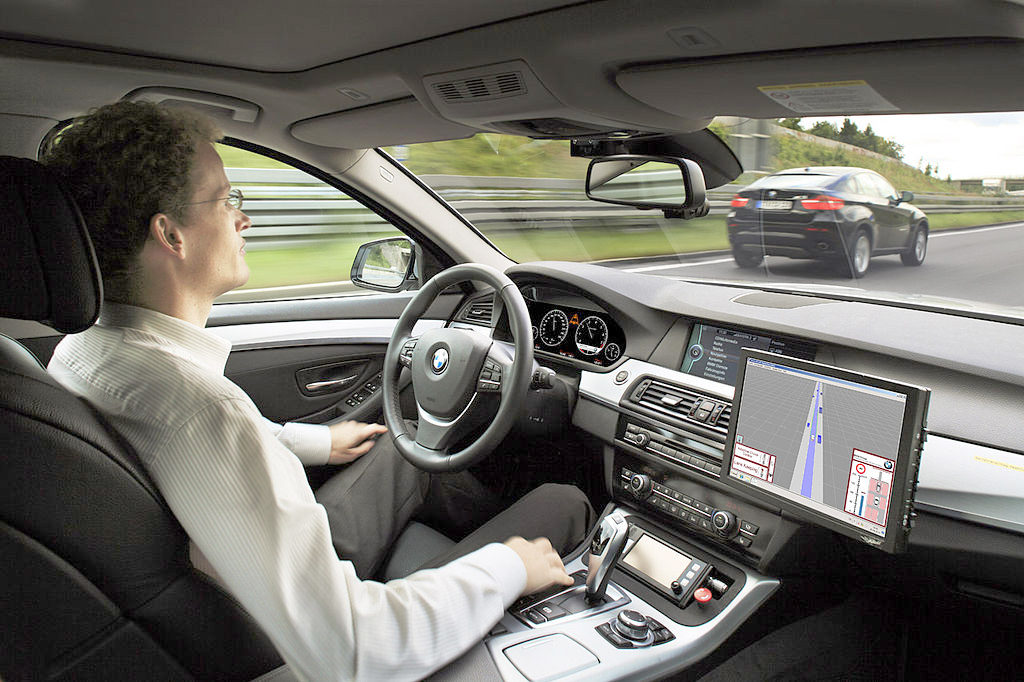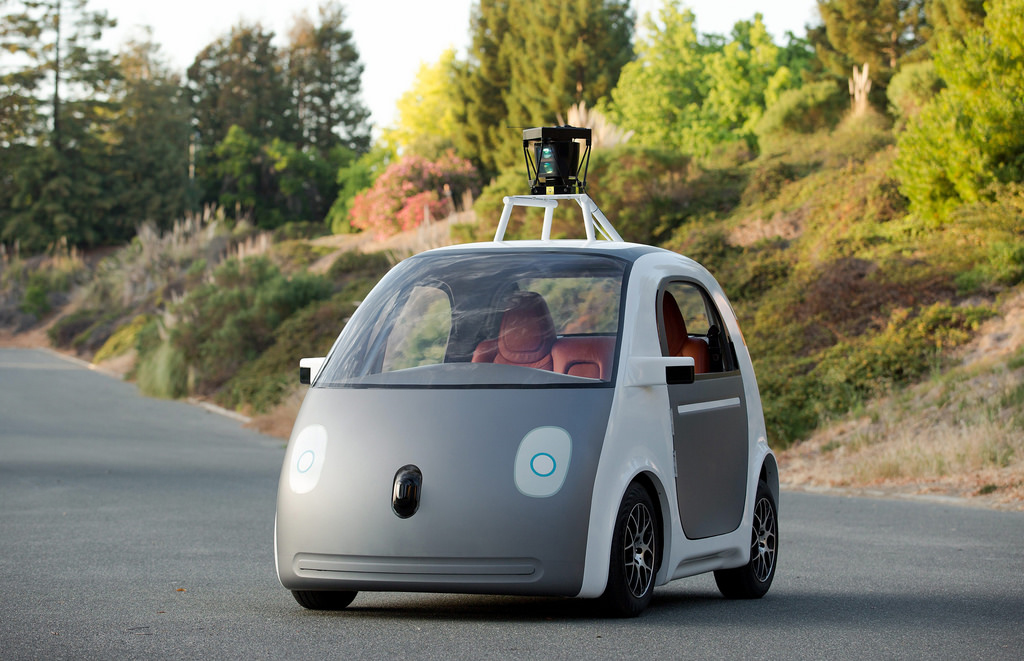We are living in the day and age of technology. Which means we are one step closer to a life of ease or one step closer to a robot take over.
Sinclair students have many different opinions on technology and the impact it has had on our daily lives. While they see it has a helpful tool, some see it as a disturbance in personal growth. On the flip side, some believe the advancements are great but are afraid to take it too far in fear of robots taking over and being the ruling species of the planet.
“Technology has taken ease from our lives,” said Yazan Sahawneh, an architecture technologies major.
However he is still vocal of his fears stating:
“Technology will trump humans, eventually we’ll build something that will become smarter than us,” Sahawneh said. “And that’s how our race most likely will end.”
Sahawneh is not alone in seeing the downside of technology. Breonna Chavers is a student at Sinclair as well and she believes that technology is taking us far in certain areas but slowing us down in others, such as our social skills.
“I think [technology] has made everyone dumber actually, because I feel that everyone needs the internet.” Chavers said. “I don’t think they can survive a week without their phone.”
While increased use of mobile phones have been a controversial topic for a while the next frontier will be the release of autonomous or fully self-driving cars.
 According to Waymo, self-driving cars are just in our reach. Tesla is one of the cars have the autopilot option, in which the person behind the wheel can let the car take control. They have sensors that can see up to 250 meters away as well as eight cameras surrounding the car, giving it a full 360 degree view of the surrounding area.
According to Waymo, self-driving cars are just in our reach. Tesla is one of the cars have the autopilot option, in which the person behind the wheel can let the car take control. They have sensors that can see up to 250 meters away as well as eight cameras surrounding the car, giving it a full 360 degree view of the surrounding area.
Waymo wants to take the next step by creating a car that doesn’t require a person at the wheel. It will have sensors that can predict the behaviors of the road, ideally reducing casualties. These cars will be able to respond accurately to different situations such as railroad crossings, lanes being closed and staying out of blind spots.
The appeal for cars that are aware of their surroundings is certainly there; however, the idea of letting a car take you to your destination without you even having to be at the wheel, does not spark as many fancies.
Sahawneh likes the idea of a self-aware car but says fully self-driving cars are another story.
“I drive a lot I don’t want to get into a car and watch everything go by, getting in a car is an experience,” Sahawneh said. “A lot of people look forward to getting their license and people want to experience driving.”
He isn’t the only one that feels uneasy about letting go of the wheel.
“I got my license I paid $400 for driving school,” said Chavers. “I don’t even like riding in the passenger seat. Also what if the car takes me somewhere I don’t want to go, what do I do then?”
Not all students are so weary of the self-driving cars. Benjamin Schneider, a CIS major, thinks the release of self-driving cars is a great idea. He believes that everyone would be safer if cars were in control as well as comfier.
Schneider said he would gladly give up driving and let the car do the work.
“I’d see no problem with giving driving up because it gives me more time to do things that I want to do,” Schenider said. “[I could] let the car drive itself and I play my game boy or look through my phone, next generation of cars with free Wi-Fi.”
Justin Morgan, the chair of Automotive Technology at Sinclair, said he sees a bright future ahead with the movement of fully self-driving cars as well.
“The benefit is that safety would come with the self-driving cars and I know that there are risks but I think the manufactures and the government would reduce the risk of car fatalities,” Morgan said.
Along with providing safety, Morgan also believes these cars will open up yet another career field that is highly involved with programing computers.
“Before you think of someone who fixes cars and you think of a grease monkey with a rag in their back pocket,” Morgan said. “With the new cars there will be computers that you will have to reprogram and fix.”
Morgan said Sinclair has already applied for the National Science Foundation (NSF) grant, which will offer preparation to high school and college automotive instructors on the technology behind autonomous cars. Forty instructors around the nation will be participating and practicing on General Motor and Chrysler cars, reviewing topics like accident mitigation, adaptive cruise control and lane keep assist.
Morgan doesn’t see a robot apocalypse in the near future but said that cyber security will be a major area to work on.
All in all it seems autonomous cars will be hitting the road whether we want it to or not. Hopefully safety precautions will be put into to play to keep the robots from driving themselves to become new world leaders and we can add driving to the list of ease technology provides.
“Keep up with the times if you can,” Scheinder said. “Don’t let yourself get left behind and don’t resist change because it’s going to happen whether you want it to or not.”
Dana Kennedy
Contributing Writer

